Fahrenheit 451

- Courage
- Manhood
- Consumerism
- Family Ties
Values

Struggles

Why Should My Child Read This Book?
Seventy years ago, Ray Bradbury observed our society’s increasing fascination with television and screens and created a dystopian novel as a warning for what may lie ahead. Long before the invention of smartphones and wireless headphones, Bradbury wrote of a future where people spend all their spare time on screens which use artificial intelligence to create customized content. People are oblivious to others, nature and even reality, listening only to the ‘shells’ in their ears. Homes with wall-to-wall screens are coveted for their immersive virtual reality experiences. Suicide abounds and any chance of reading a book or reflecting deeply has disappeared. The government controls all the media, all dissent is stifled, and propaganda rules all thought. With entertainment as the only pursuit of paramount importance, no one is concerned that their government is on the brink of war.

How Can I Use This Book?
- Fahrenheit 451 presents a society where people have embraced screen-based media, books are abridged to paragraphs to accommodate shorter attention spans, and they are condemned as sources of conflict, disagreement, and confusion. Thus books are burnt and owning a book is a crime. Does this society remind you of today’s “cancel culture?”
- Do you see any similarities between the government and media’s censorship efforts in the book with the current day problems of silencing voices calling for human rights or the end to war? What are the differences?

What’s This Book About?
Anything I need to be aware of?
VIEW FLAGS




